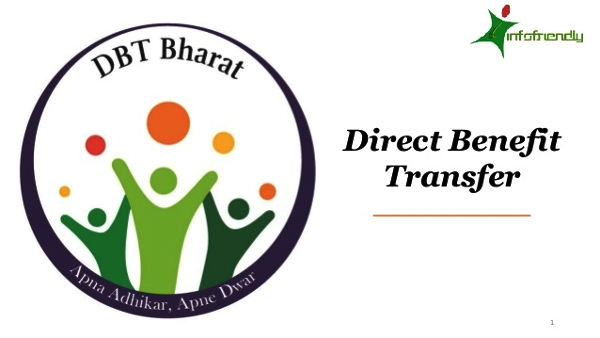As per a study, government has saved US$ 1.54 billion (Rs 10,800 crore) by implementing Direct Benefit Transfer (DBT) scheme for fertilisers in the first year.
Through real-time tracking of the movement, requirement and availability of stocks, fertiliser DBT has enhanced the transparency and has improved the supply by easing the record-keeping and paperwork.
Under the fertiliser DBT, which introduced in October 2017, government remits the subsidy to fertiliser companies only after retailers have sold the fertiliser to farmers through Aadhaar-based authentication.
The study will be conducted to evaluate implementation of the fertilisers DBT, ascertain system efficiency, identify challenges and to provide actionable solutions by Union Fertiliser Ministry and NITI Ayog Commissioned Global Firm MicroSace Consulting (MSC).
MSC said, “In its first year of operations, DBT-fertilisers saved the Government of India USD 1.54 billion (as per government estimate)”. The firm further added that the study findings exhibited instances of manual sales without the authentication of Aadhar and ‘adjusted’ transactions reduced from 21 per cent in the third round of evaluation to 13 per cent in the current round.
It also said that the retailers which often undertake without verifying the farmers’ credentials, only to update their records later, are the adjusted transactions.
Primarily, to minimise transaction time during peak sales periods, retailers often did not ask farmers for their Aadhaar number to purchase fertiliser and simply sold it by manually adjusting the transactions later.
The study showed that 86.6 per cent of Aadhaar-authenticated transactions were successful on the first attempt. Overall, in the current round, successful Aadhaar authentication in three attempts increased to 99 per cent from 97 per cent. The study also showed that the time take for transaction through point-of-sale (PoS) devices was improved from four-five minutes, in the third round of evaluation, to three-four in the current round.
To improve the transaction time the server capacity has been increased by government by deploying the new servers.
As per the study, instead of choosing manual system of fertiliser distribution, 75 per cent of farmers and 59 per cent of retailers opted for the DBT system, which improved the supply while enhancing the record-keeping and paperwork.
Under the fertilises DBT system, if a farmer has not yet received an Aadhar number after enrolling for it, Aadhar -enrolment ID along with the Kisan credit Card (KCC) can also be used by the retailers to authorise the sale.
Annual fertilisers subsidy provided by the government amounts to Rs. 70,000 crores (US$ 10.02 billion).
Source: IBEF
Image Courtesy: INFOFRIENDLY
You may also like
-
Trade Connect E-platform For Exports Is Single Window, Fast, Accessible And Transformational: Shri Piyush Goyal
-
Dot Simplifies Approval Processes For Telecom Licenses And Wireless Equipment
-
Coal Production and Supply Trends on Positive Trajectory
-
Union Minister To Release Booklets On Promotion Of Indigenous Species & Conservation Of States Fishes
-
2nd India-Japan Finance Dialogue held in Tokyo on 6th September, 2024
